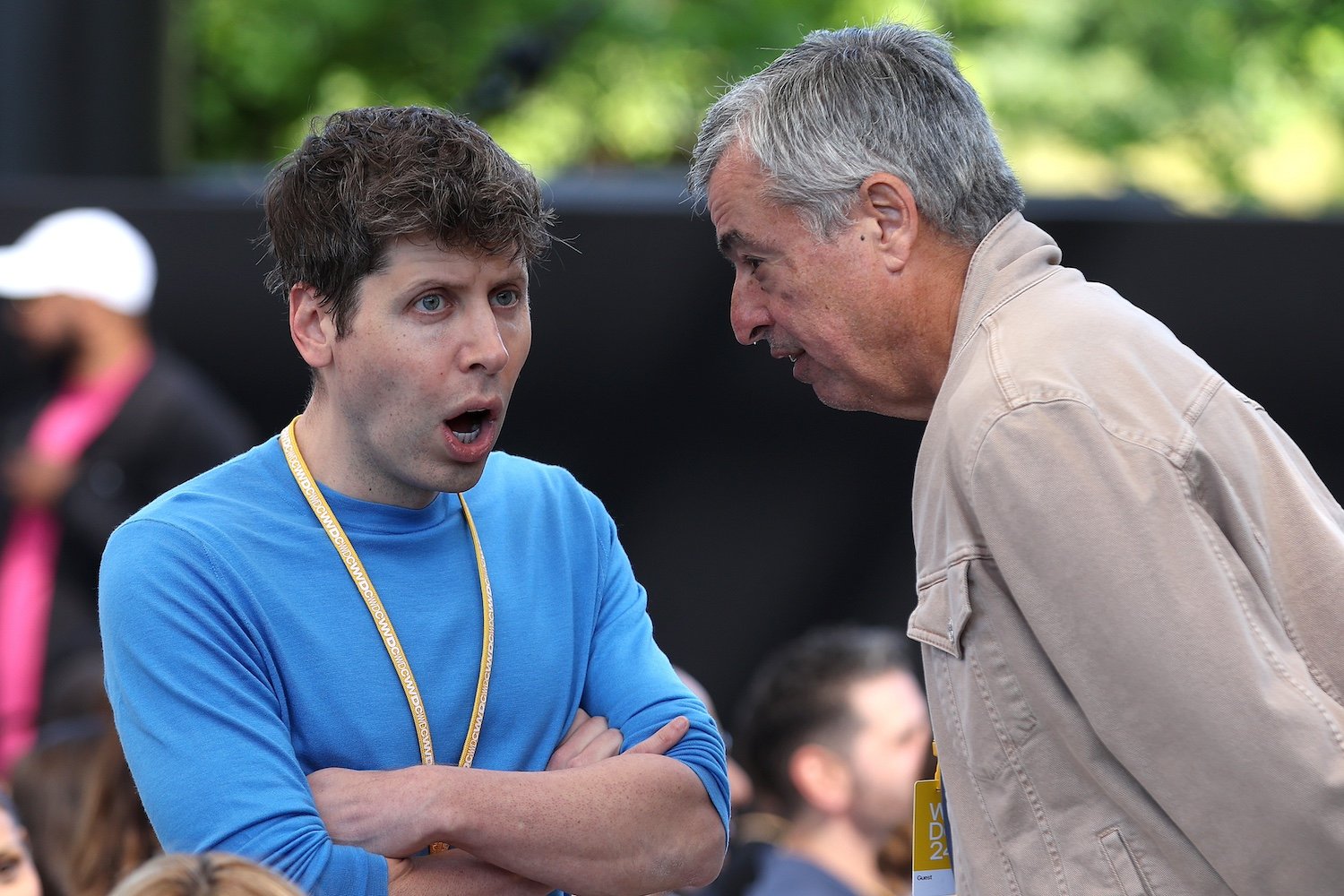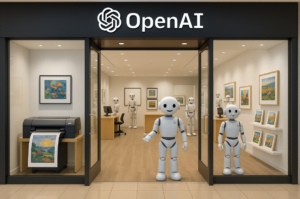Microsoft’s Partnership with OpenAI Appears to Be Deteriorating

Microsoft and OpenAI: A Potential Split on the Horizon
Evidence of a Split
Recent reports indicate that Microsoft may be considering a separation from OpenAI. An article from The Information reveals that Microsoft is developing its own reasoning models aimed at competing with OpenAI. The tech giant is also testing models from other companies, including Elon Musk’s xAI, Meta, and DeepSeek, for integration into Copilot, its AI assistant for businesses.
Shift in Relationship
Just a couple of years ago, Microsoft’s investment in OpenAI seemed solid, with contracts that suggested a long-term partnership. However, in recent months, concerns about ChatGPT’s performance, particularly regarding cost and processing speed, have prompted Microsoft to evaluate its options. Copilot, Microsoft’s AI tool, has not fared well in enterprise settings, as businesses have criticized it for being expensive with minimal practical results. While it performs well with straightforward tasks, its reliance on a fixed dataset can limit effectiveness. Furthermore, errors generated by the language models require human oversight for correction, which can complicate usability.
Strategic Decisions
In January, Microsoft took a significant step by releasing OpenAI from a contract that required the use of Azure for all hosting needs. OpenAI has since announced plans for an extensive investment of $500 billion, in collaboration with Oracle and SoftBank, indicating that Microsoft may not be willing to provide additional resources.
Unresolved Issues Between Partners
During discussions between Microsoft and OpenAI, Microsoft’s AI lead, Mustafa Suleyman, expressed frustration over OpenAI’s lack of transparency regarding the workings of its o1 reasoning model. Despite Microsoft’s investment allowing them to use OpenAI’s intellectual property, the startup has been hesitant to share specific documentation related to their technology. This situation underscores the growing competition between the two entities, which were once collaborators.
Shifting Perspectives
Microsoft CEO Satya Nadella previously questioned the necessity of developing in-house foundational models when OpenAI’s models were available. However, circumstances appear to have changed with OpenAI expanding its own infrastructure through collaborations with Oracle. Reports suggest that Microsoft intends to sell access to its in-house reasoning model, MAI, to other developers, directly entering the territory formerly dominated by OpenAI.
Microsoft’s Strategic Moves
It seems logical for Microsoft to distance itself from OpenAI, especially as both companies aim for independence in the continuously evolving field of artificial intelligence. With the possibility of AI being a major future platform shift, Microsoft has a vested interest in controlling its technology and shaping its future. OpenAI, which is transitioning from a non-profit to a for-profit entity, is also adjusting its approach to secure more funding and flexibility in its operations.
A Landscape of Competition
Overall, Microsoft appears to be making calculated decisions to capitalize on the AI boom. By diversifying its models and exploring alternatives, the company can either support its in-house development or leverage OpenAI’s technology. The future of AI may hinge less on a single model and more on application layers, where Microsoft holds a significant influence within various enterprises. As the landscape continues to transform, both companies are positioning themselves to remain competitive and relevant in the rapidly advancing AI sector.





